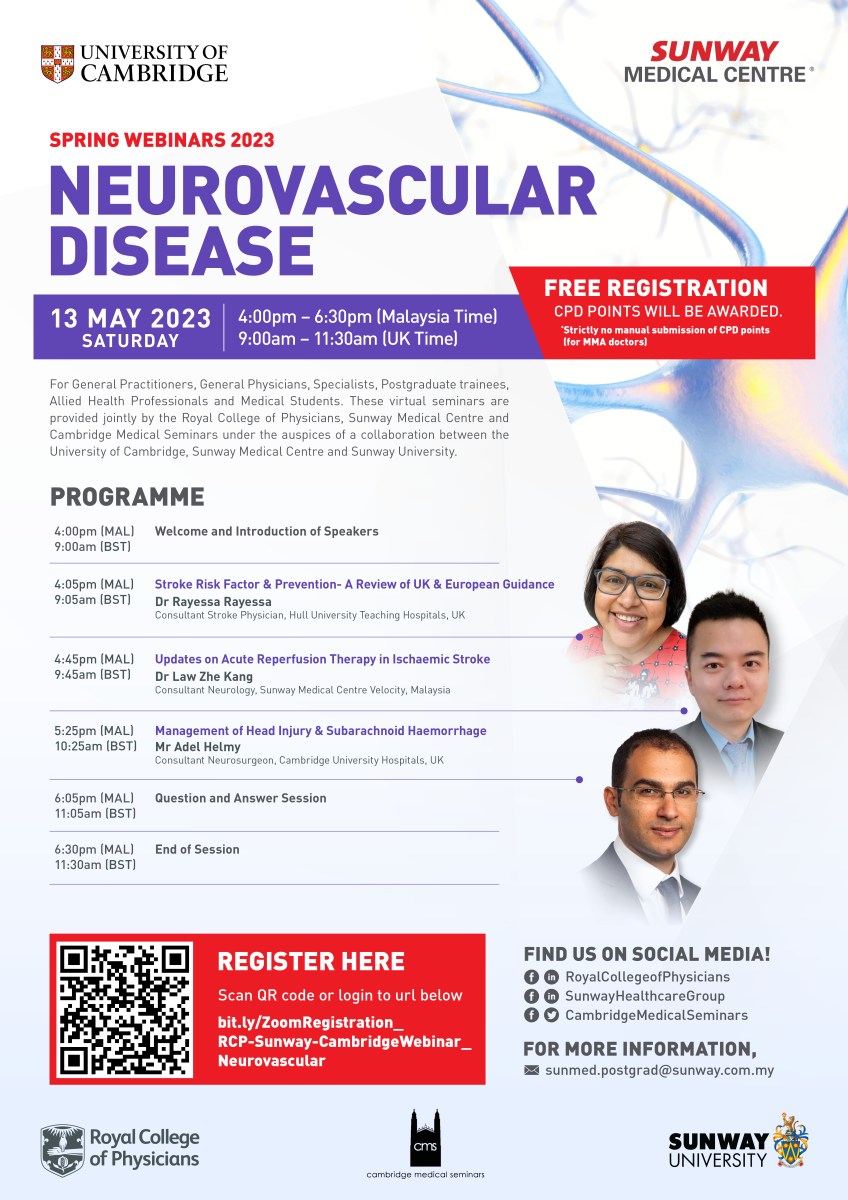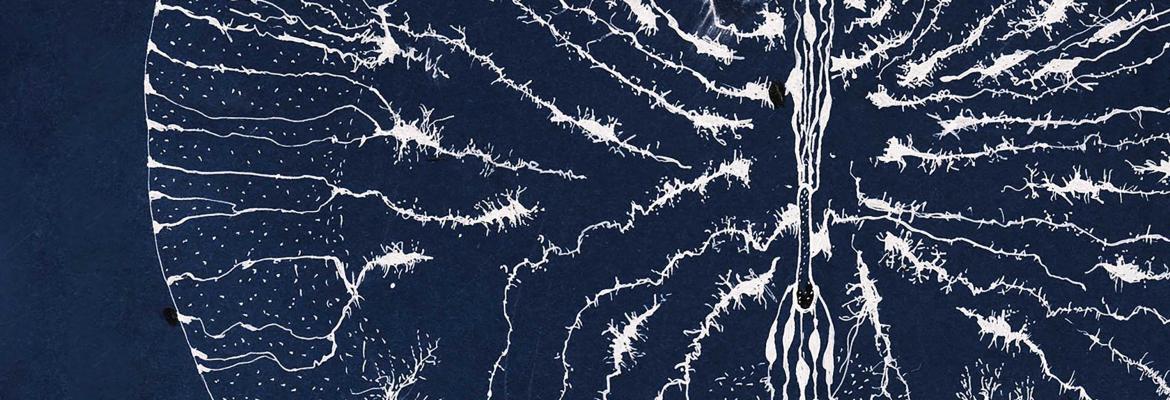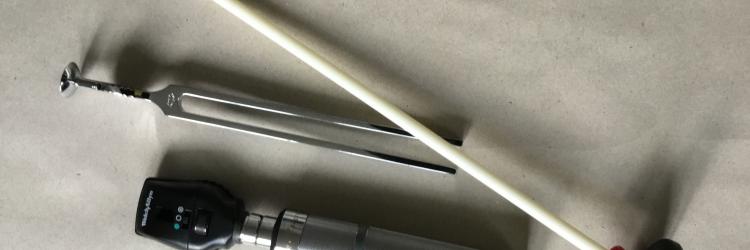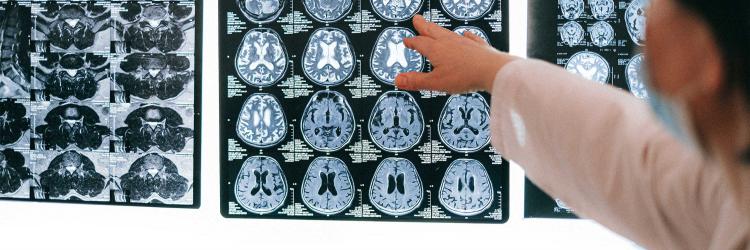Neurologists diagnose and treat disorders of the nervous system.
With over 100 billion nerve cells required for everyday functions such as movement, communication, thinking and feeling, it is no surprise that a neurologist needs excellent clinical skills when encountering the wide breadth of clinical presentations seen in everyday practice. The specialty encompasses the treatment of both acute medical emergencies along with the management of a wide variety of chronic disorders. In addition to primary neurological diseases, a neurologist can also expect to encounter and diagnose a large number of underlying medical disorders that first present with neurological features. This is why neurologists will tell you that they work in the most interesting and intellectually stimulating branch of clinical medicine!
While clinical acumen remains the cornerstone of neurology, the specialty benefits from rapid advancements in diagnostic tests (e.g. Advanced Imaging Techniques), molecular genetic and cellular understanding of inherited and many hitherto unexplained diseases (e.g. Motor Neurone Disease) along with the development of effective treatments (e.g. Disease Modifying Therapies in Multiple Sclerosis). These developments have been built on an active body of research, from large public health studies to the determination of disease-causing protein complexes at the atomic level, meaning that this is an extremely exciting time to be a clinical neurologist. For more information, check out the Royal College of Physician's (RCP) Spotlight on Neurology here.
During your time as an East of England Neurology Trainee, there are several opportunities to undertake scientific research during training leading to the award of an MD or PhD.
Once trained as a neurologist, you will have skills that can be applied across a range of different roles at the Consultant level. Despite at least 10% of acute admissions to hospital being related to neurological problems, along with an estimated 1 in 50 of the UK population being disabled by a neurological condition1, the number of trained neurologists in the UK has lagged significantly behind our colleagues on the continent. For example, figures from 2011 show that there was on average 1 neurologist per 150,000 of the UK population compared to 1 per 25,000 across the rest of Europe. The employment prospects of trained neurologists in UK remains therefore very positive.
The ABN offers a mentoring program for those who are interested in Neurology, but would like to find out a little bit more. It is also intended to offer support to gain experience and find opportunities to get involved.
Now that we have convinced you that neurology is the right specialty for you, click here to learn about what we offer in the East of England.

@EastNeurology
Neurology is a 5 year training program that starts after core medical training. As in other medical specialties you will be expected to maintain an e-portfolio, and complete a certain number of assessments, as well as meet the requirements of the curriculum. The ABN have also prepared a little brochure about the pathway, what it involves, and with a trainee allowing a brief look into their experience.
A big difference to many other specialties that Neurology patient’s are often outpatients, so that there is a large number of clinics you need to go to.
The details for the ARCP decision aid for neuro are here:
During your specialty training (and before you can become a consultant) you also need to pass the specialty exam:
https://www.theabn.org/what-we-do/training/sce-exam.html
https://www.mrcpuk.org/mrcpuk-examinations/specialty-certificate-examinations/specialties/neurology
We are extremely proud of the East of England Neurology Training Programme's strong academic pedigree, with all trainees being encouraged to take advantage of a multitude of research opportunities available through the training programme's close partnership with the University of Cambridge (Department of Clinical Neurosciences). There are several key research themes considered including head injury, neuroinflammatory disorders and multiple sclerosis, as well as neurodegenerative disorders and dementia.
Trainees are encouraged to undertake a period of research as part of their Neurology higher specialty training, during which they continue to receive formal training and teaching from training days, neurology grand rounds and optional clinical/on-call duties during their research block.
The Health Education England website is a vast source of information for trainees at all levels. We encourage you to explore the website before/during your post with us, as many common questions can be answered using the information available here which is updated regularly.
Below are some quick links to commonly-searched topics:
New-Starter Documents: Welcome Pack, forms and paperwork required before you begin your training.
Apply for expenses: For travel and relocation costs incurred from rotations
Policy and Procedure Documents: e.g. Annual Review, Expense Claims, Less Than Full Time, Equality & Diversity.
University of Cambridge Department of Clinical Neuroscience Homepage



